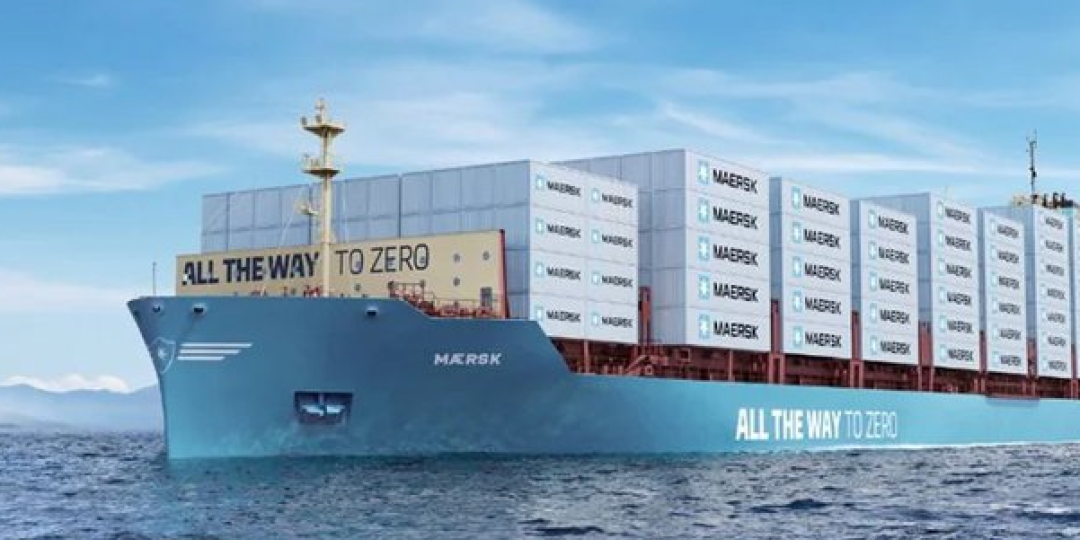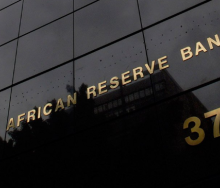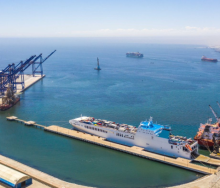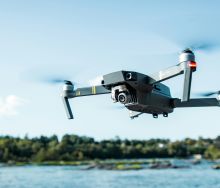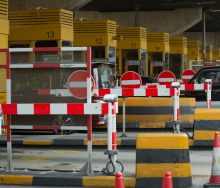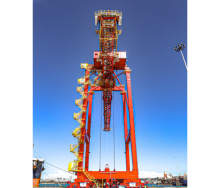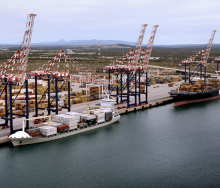As methanol increasingly emerges as a potential alternative bunkering fuel for shipping, the International Association of Ports and Harbours (IAPH) has produced a set of safety guidelines for its use.
When produced from sustainable hydrogen and CO2 by direct air capture, it is a carbon-neutral fuel. Since 2015 methanol has been in use on a small scale but with a significant order book of dual-fuel ships capable of using methanol, the number of ships using this alcohol-based marine fuel is expected to grow fast in the coming decade.
The IAPH Clean Marine Fuels Working Group has just completed work on developing safety tools for methanol and other alcohol-based fuels as a marine fuel with a total of seven safety bunkering checklists for both ship-to-ship and truck-to-ship transfer scenarios.
The Working Group comprises leading experts from member ports, many of whom have worked together for over a decade and began by developing IAPH Liquefied Gas bunker checklists for LNG.
This expertise has been used to create checklists for other new alternative fuels, such as Liquefied Biogas (LBG) and Liquid Hydrogen (LH2), which were published on the IAPH World Ports Sustainability Portal last November.
Chairman of the Working Group, Peter Alkema, commented: “Our Working Group has focused primarily on safety aspects related to the bunkering of new fuels, as we are driven to advance the transition towards clean marine fuels for decarbonisation and air quality improvement. Our aim is to empower ports to facilitate, stimulate and regulate the supply of new clean marine fuels by providing expertise and guidance on safe and efficient bunker operations.”
This focus by the working group to create harmonised bunker checklists for known bunkering scenarios reflects the extra requirements of ports with regard to bunker operations of alternative marine fuels in or near their port environment. By using bunkering checklists, a high level of quality and responsibility of the bunker, site and vessel operators can be obtained.
All the checklists that are developed are sent for industry consultation to classification societies, other NGO experts and bunker operators for feedback.
The IAPH Clean Marine Fuels Working Group also works on audit tools for port authorities evaluating both truck-to-ship and ship-to-ship bunkering operators and has a terminal readiness tool developed for LNG operations. The Group has also lent its expertise to the current WPCAP initiative to develop a comprehensive Port Readiness Level for Alternative Fuels for Ships (PRL-AFS) tool.
